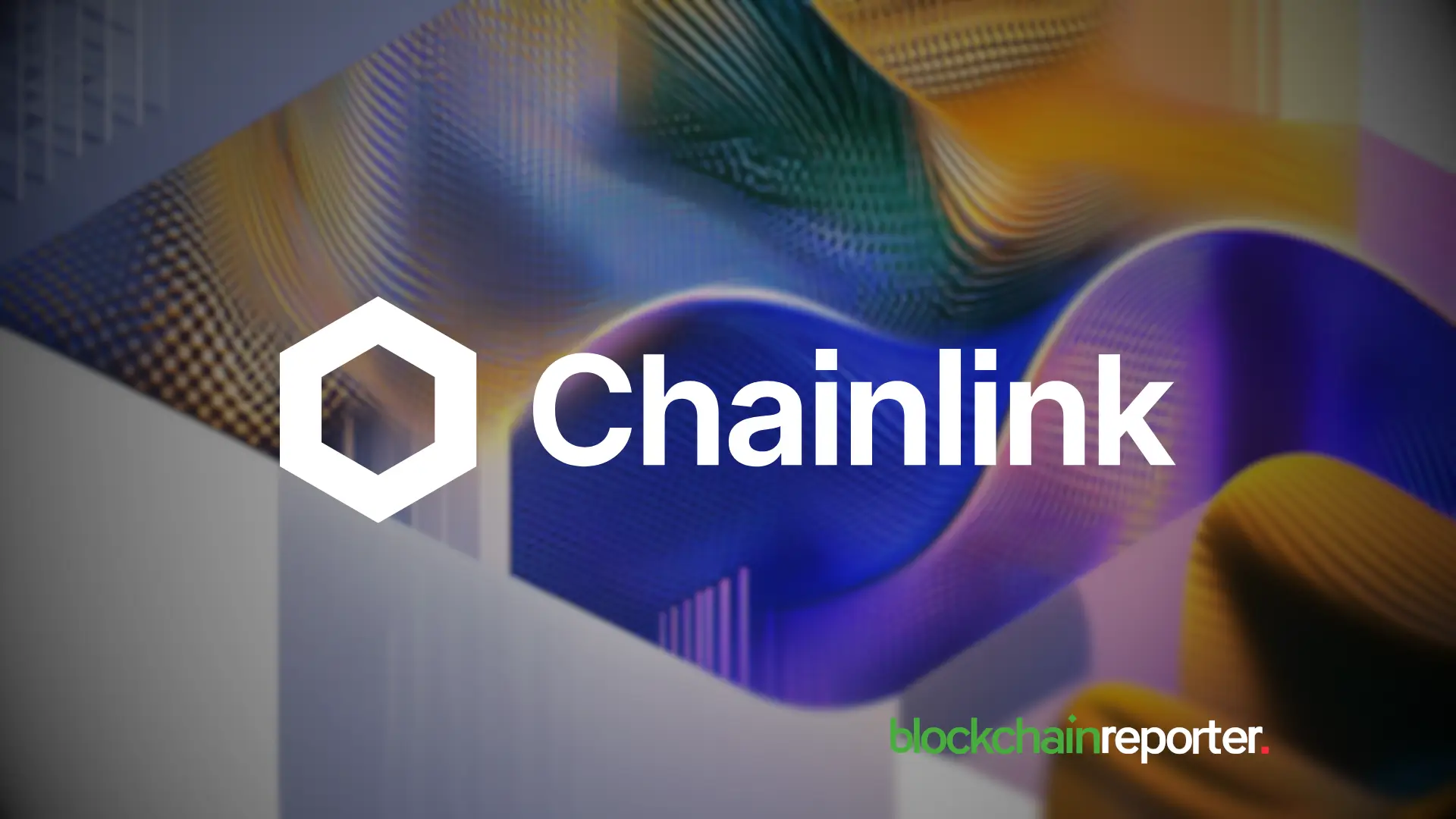
BlackRock’s USD Institutional Digital Liquidity Fund, known as BUIDL, is now live on BNB Chain and, in a move that underlines how tightly traditional finance and crypto are locking together, the tokenized fund has been accepted as off-exchange collateral for trading on Binance. The expansion was announced today by Securitize and Binance, with the rollout on BNB Chain enabled by the tokenization work of Securitize and cross-chain rails such as Wormhole.
For institutional investors, the change is straightforward but consequential: a new share class on BNB Chain gives qualified purchasers exposure to tokenized U.S. dollar yields on a high-performance, low-cost network, while acceptance as collateral on Binance opens the door for institutions and advanced traders to post yield-bearing, blockchain-native Treasury exposure to back trades. The integration is designed to let market participants earn yield on eligible assets while accessing exchange liquidity via off-exchange custody arrangements.
Seen another way, this is a practical step in a trend that has been gaining pace for more than a year: real-world assets are shifting from static, off-chain records into programmable tokens that can be used directly inside trading venues and DeFi systems. BUIDL’s multi-chain footprint until now included Ethereum, Solana and other major networks; the new BNB Chain share class expands that footprint and stitches the fund into another widely used financial rail.
The parties framing the announcement leaned into that bridge-building narrative. Sarah Song, Head of Business Development at BNB Chain, said the network is built for “scalable, low-cost, and secure financial applications,” and that welcoming BUIDL furthers the chain’s mission to turn real-world assets into programmable financial instruments that enable new on-chain investment strategies. Carlos Domingo, co-founder and CEO of Securitize, called the move a further step in bringing regulated real-world assets onchain and unlocking forms of utility that were previously out of reach.
Securitize, the tokenization partner on the deal, is no backwater startup: the firm reports billions in tokenized assets under its platform and provides the regulated infrastructure asset managers need for digital transfer agency, fund administration and compliance. That institutional infrastructure is central to why asset managers like BlackRock are comfortable taking funds onchain and why exchanges are willing to accept those tokens as collateral for trading.
Why Does This Matter Now?
BlackRock brings the trust and capital of the world’s largest asset manager; Securitize supplies the regulatory and technical plumbing to create on-chain share classes; Wormhole and other cross-chain tools provide the interoperability that lets the same token live and move across multiple blockchains; and Binance provides institutional trading rails and custody partners that let tokenized assets be used in familiar trading workflows. Together, those elements push tokenized Treasuries from proof-of-concept to actual market plumbing.
There are practical benefits that proponents point to: daily dividend payouts, flexible custody arrangements, 24/7 peer-to-peer transfers and the ability to fold yield-bearing tokens directly into trading and capital-efficiency strategies. Critics will still flag regulatory, operational and concentration risks, concerns that accompany any rapid blending of conventional finance and crypto rails, but today’s announcement underlines how quickly those conversations are moving from the theoretical to the executable.
For BNB Chain, the addition of BUIDL is a validation of the network’s pitch: a liquidity-friendly, low-cost environment where institutional products can be issued and integrated with broader on-chain activity. For Binance and its institutional customers, it’s another tool to manage margin and capital without shedding yield. And for tokenization as an industry, the deal signals that tokenized real-world assets are progressing from experimental offerings to components of mainstream market infrastructure.
The bridge between traditional finance and blockchain has always felt inevitable to some; today, it looks a little more built. BUIDL’s arrival on BNB Chain and its acceptance as collateral on Binance don’t erase the hard work ahead on regulation, custody and standards, but they do make clear that the industry is moving: tokenized yield is not just a niche anymore, it is becoming a working part of how markets allocate capital.




